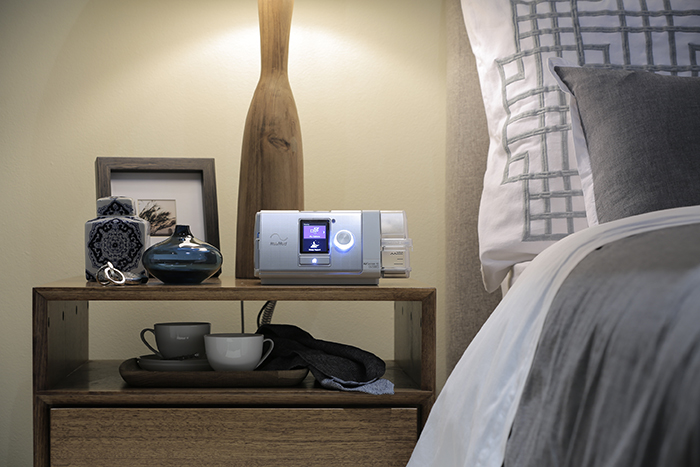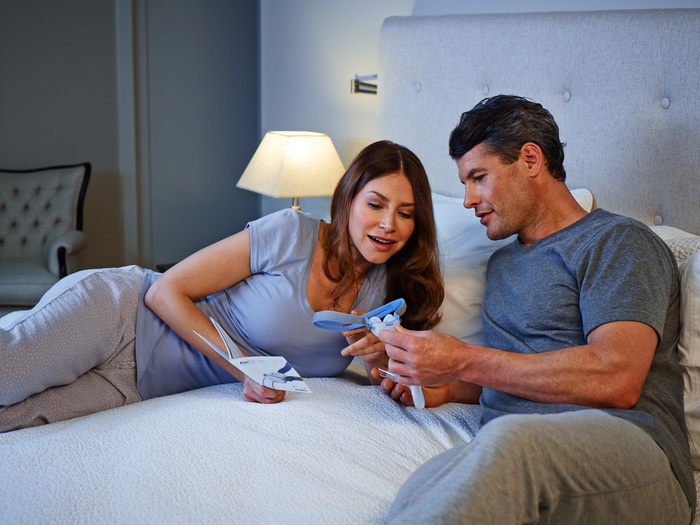Why CPAP Therapy Is Done
CPAP is the most effective nonsurgical treatment for obstructive sleep apnea. It is the first treatment choice and the most widely used. Doctors use CPAP to treat people who have moderate to severe sleep apnea. CPAP is the treatment of choice for people who have sleep apnea and coronary artery disease (CAD) or heart failure.
How Well CPAP Therapy Works
Overall, CPAP is effective for moderate and severe obstructive sleep apnea. Research shows that continuous positive airway pressure (CPAP) decreases daytime sleepiness, especially in those who have moderate to severe sleep apnea.
Studies show that in people who have moderate to severe sleep apnea, nasal continuous positive airway pressure (NCPAP) lowers blood pressure during both the day and the night. CPAP is better than other nonsurgical methods for treating obstructive sleep apnea.
People with coronary artery disease who use CPAP for sleep apnea are less likely to have heart problems such as heart failure.
Associated Risks With CPAP Treatment
There are problems that may occur with CPAP treatment and may include:
- Nightmares and excessive dreaming during early use.
- Dry nose and sore throat.
- Nasal congestion, runny nose, and sneezing.
- Irritation of the eyes and the skin on the face.
- Abdominal bloating.
- Leaks around the mask because it doesn’t fit properly.
Nosebleeds are a rare complication of CPAP.
You can expect mild discomfort in the morning when you first start using CPAP. Talk with your healthcare provider and/or doctor if you don’t feel comfortable after a few days.
Relieving The Possible Side Effects Of CPAP Treatment
You may be able to limit or stop some of the side effects. If your nose is runny or congested, talk with your doctor about using decongestants or corticosteroid nasal spray medicines.
Your Therapist at IRS may be able to adjust your mask to reduce or eliminate problems. Be sure the mask or nasal prongs fit you properly. Air shouldn’t leak around the mask. Your Doctor may be able to adjust your prescription and CPAP settings.
Use a humidifier or a corticosteroid nasal spray medicine to reduce nasal irritation and drainage.
You may want to talk to your Therapist at IRS and/or doctor about trying other types of CPAP machines. One type of machine will start with a low air pressure and slowly increase the air pressure as you fall asleep. This kind of machine can help reduce discomfort caused by too much constant pressure in your nose.
A bilevel positive airway pressure machine (BiPAP) uses a different air pressure when you breathe in than when you breathe out. BiPAP may work better than standard CPAP for treating obstructive sleep apnea in people who have heart failure.
You may find BiPAP more comfortable than CPAP because you can breathe out against a lower air pressure. As a result, you may be more likely to continue the treatment. You will have to spend the night at a sleep laboratory to find the air pressure levels that work best for you.
An auto-titrating continuous positive airway pressure (APAP) can automatically decrease or increase the air pressure as needed. This may make the machine more comfortable and easier to use.



